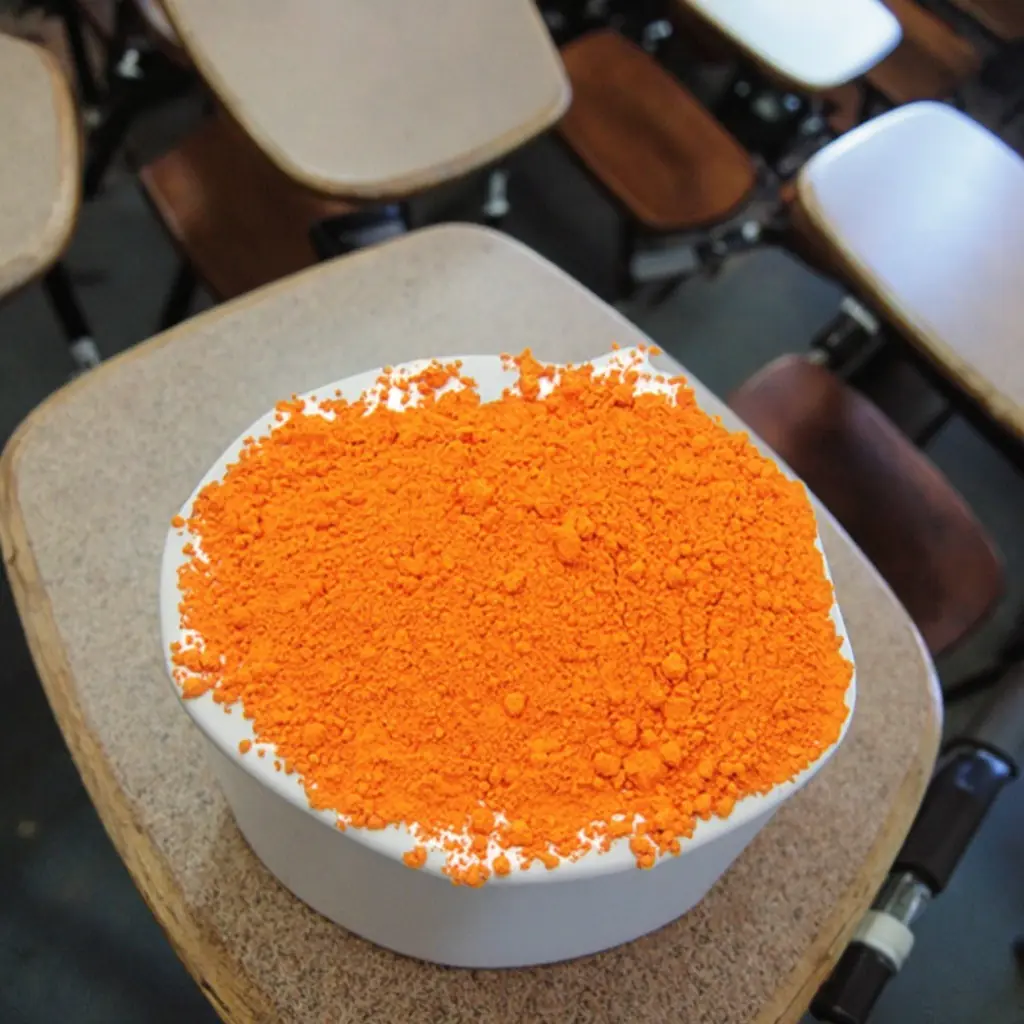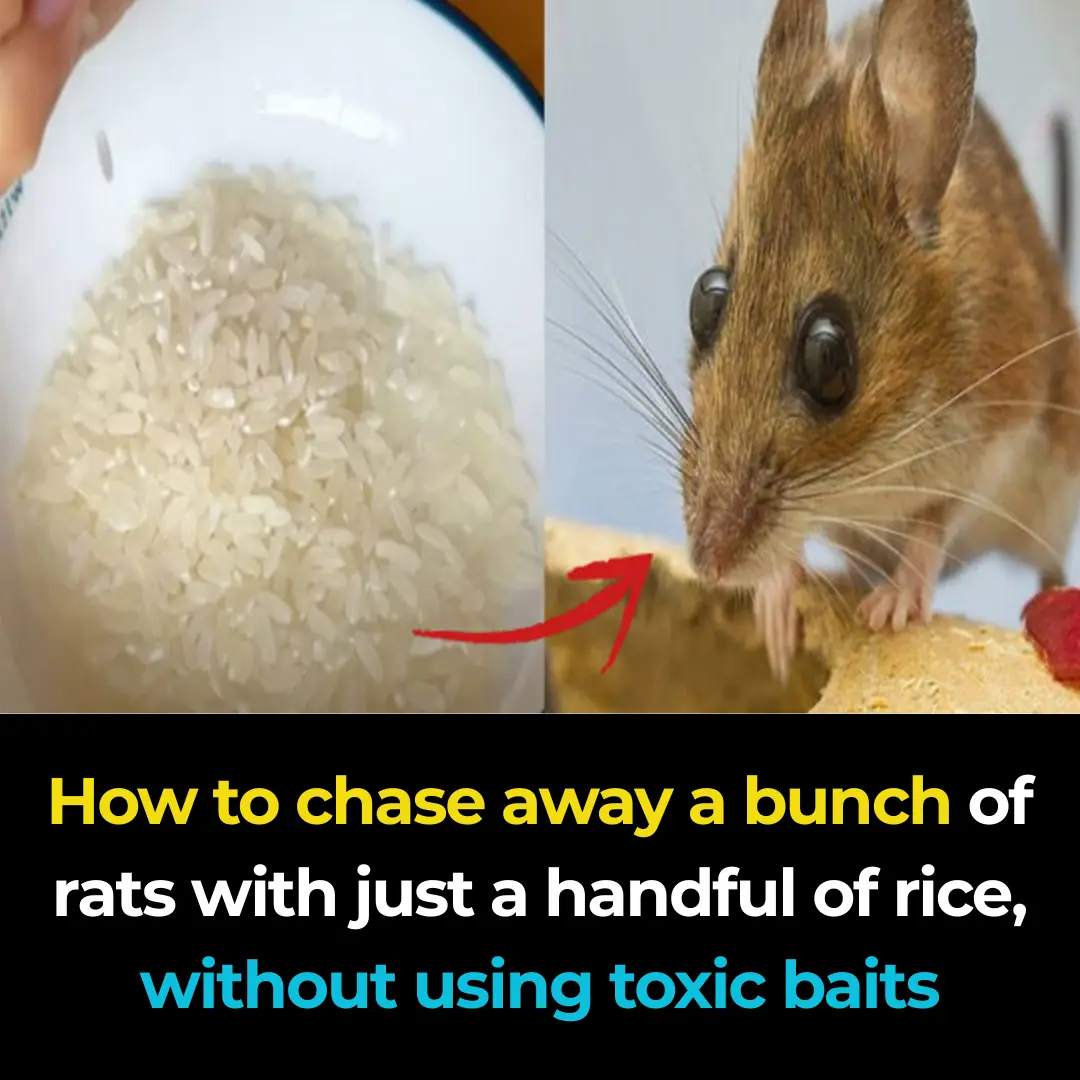
3 Powerful Ways to Keep Snakes Out of Your Home and Protect Your Family
Snakes may seem like unwelcome visitors that suddenly appear in your garden or even inside the house, but in reality, they are often drawn in by food, shelter, or certain environmental conditions. Learning a few simple yet effective methods can significantly reduce the risk of snakes entering your living space.
These slithering reptiles have poor eyesight but rely heavily on their sharp sense of smell. With flexible bodies and impressive speed, snakes can easily explore human habitats in search of prey or safe hiding spots. For many families — especially those with gardens, yards, or dense greenery — the possibility of snakes lurking nearby is a constant source of anxiety.
Whether venomous or harmless, snakes remain a potential danger when they wander too close. Hot, dry weather makes the problem worse, as snakes instinctively search for cooler, shaded environments with access to food and water. Houses with rodents, poultry, or pets are particularly attractive, since these animals serve as natural prey. Even flowering plants like jasmine or night-blooming species, which attract birds and mice, may inadvertently invite snakes.
Fortunately, there are practical ways to discourage snakes from approaching your home. Below are three time-tested strategies.
- Plant Snake-Repelling Vegetation
One natural and widely trusted method is planting vegetation that snakes dislike. Certain plants release pungent, spicy, or bitter scents that are irritating to snakes’ highly sensitive olfactory system, making them think twice about slithering closer.
Commonly recommended options include:
- Garlic vine (Mansoa alliacea), known as purple garlic vine, with its strong, lingering aroma.
- Cassava and wild garlic bulbs, which emit scents snakes naturally avoid.
- Lemongrass, a plant long believed to repel not only snakes but also insects like mosquitoes and flies. Planting lemongrass along fences, pathways, or entryways adds both fragrance and protection.
Aside from their protective function, these plants beautify the landscape and freshen the air around the home. Still, experts note that while helpful, planting alone won’t guarantee total protection. It should be paired with regular yard maintenance, such as trimming bushes and removing clutter where snakes could hide.

- Use Realgar Powder With Caution
Another traditional remedy is realgar powder (arsenic sulfide), a bright yellow substance with a strong, unpleasant odor that deters snakes. Sprinkling a fine layer of this powder around entrances, garden edges, or suspected snake pathways can be effective in driving them away.
However, because it is chemically toxic, realgar powder must be used with extreme care. Always wear protective gloves and a mask when handling it, and never let it come into contact with food, water, or pet areas. After application, thoroughly clean up any residue.
This method can serve as a powerful barrier against snakes, but safety precautions are non-negotiable. Families with children or pets should weigh the risks carefully before choosing this approach.

- Keep Dogs or Cats as Natural Deterrents
Domestic pets, particularly dogs and cats, can act as guardians against snakes. Snakes are instinctively wary of these animals, especially their sharp senses and loud noises. A barking dog or an alert cat often detects unusual movement long before humans do, warning the household of potential intruders.
Beyond deterring snakes directly, pets also help by controlling rodent populations. Since rats and mice are a primary food source for snakes, reducing their numbers makes your home less attractive to reptilian visitors.
That said, pet owners should remain cautious: while pets can sense snakes early, they should not be encouraged to attack, as this could lead to dangerous encounters. Their role is more about prevention and alerting, rather than physical confrontation.
Additional Preventive Measures
Alongside these three main methods, families should take extra steps to reduce snake risks:
- Keep the yard tidy — trim trees, clear weeds, and avoid piling up debris where snakes might hide.
- Store firewood and building materials away from the house.
- Seal gaps and cracks around doors, windows, and foundations.
- Regularly check poultry pens, pet shelters, and food storage areas.
If a snake does manage to enter the home, the key is to remain calm. Do not attempt to catch or kill it with bare hands. Instead, contact local wildlife control or trained professionals for safe removal. In the rare case of a snakebite, seek immediate medical care at a hospital rather than relying on unverified home remedies.
Final Thoughts
Snakes are a natural part of the ecosystem, but when they venture too close to human spaces, they pose a real safety concern. By combining natural repellents, careful use of traditional methods, and the protective instincts of pets, households can greatly reduce the likelihood of encountering these stealthy reptiles.
Awareness and preparation are the best defenses — and with these strategies, families can enjoy greater peace of mind knowing their home is safer from unexpected intruders.
News in the same category


Used Coffee Grounds: Don’t Throw Away Money – Amazing Everyday Uses You Should Know

I Put 3 Ice Cubes in the Washing Machine Like My Neighbor Did—What Happened Surprised Me

5 Best Drinks for Kidney Health — Especially #1, Free and Longevity-Boosting

Save this valuable remedy that helps de:toxify and can save the life of someone bitten by a ra:bid d:og or snake in just 1 minute.

The method to drive away an entire rat colony using just a handful of rice, without the need for harmful poisons.

Clean your house with this simple trick using water, and the house will be as clean as new, with no dust sticking, even if you don't clean it for a whole week.

Tips to clean rust from gas stoves with rice water and cooking oil, seems like a joke but the effect is surprising, the stove is sparkling clean

5 things you should never put in the washing machine, not only can they not be cleaned, they are also dangerous

The small round hole at the end of the nail clipper is useful

Mix toothpaste with rice water: Great use, solves problems both men and women encounter

Eating green bananas this way is very good for your health

Unexpectedly reduce electricity bill with the trick of putting tissue paper in the refrigerator - Anyone can do it

This type of powder is often found in the kitchen. Just sprinkle a little on ornamental plants, the buds will be dense, and the flowers will fill the garden

3 mistakes when using plastic wrap that can cause cancer that many people make

5 life skills children need to learn early to protect themselves and save others

Pillow Inserts Turning Yellow with Tiny Mold Spots? Washing with Soap Doesn’t Work? Soak with This to Get Them Spotlessly Clean

Soaking Pineapple with This Ingredient Makes It Sweeter and Prevents Tongue Irritation
News Post

The Anti-Cancer Diet: Cancer Fighting Foods to Help Prevent Cancer (Evidence Based)

Drinking guava leaf water, the body receives these 6 great benefits

With just one lemon: You can get rid of all the ants in your house in no time, never to return.

Used Coffee Grounds: Don’t Throw Away Money – Amazing Everyday Uses You Should Know

I Put 3 Ice Cubes in the Washing Machine Like My Neighbor Did—What Happened Surprised Me

Another US doctors’ group breaks with federal policy, recommends COVID-19 vaccines for all adults

5 Best Drinks for Kidney Health — Especially #1, Free and Longevity-Boosting

10 Best Potato Face Packs for Glowing, Clear, and Youthful Skin
From acne and pigmentation to dryness and aging, potatoes address nearly every skin issue without side effects or hefty price tags. With consistent use, these DIY packs can reveal skin that’s clearer, smoother, and radiant.

Reverse Premature Grey Naturally with This Easy Homemade Hair Oil
While it is natural for hair to turn grey as we age, there are many natural remedies, dietary changes, and cosmetic treatments available that can help slow down or reverse the process.

Donald Trump Says There Could Be People in Epstein Files Who ‘Don’t Deserve to Be’ There in Shocking Statement

Clean Your Kidneys and Urinary Tract Naturally: One Teaspoon a Day

Think Bottled Water Is Safer Think Again

A Surprising Drink That May Help Prevent Cancer – And It's Not Tea or Coffee

How To Get Rid of Phlegm And Mucus

5 Early Warning Signs of Cervical Cancer That 90% of Women Overlook
Cervical cancer is not a silent killer—it sends out warnings. The challenge is whether women notice and act on them in time.

8 Shocking Toilet Clues That Could Signal Cancer: Don’t Ignore These Early Warnings
Many people dismiss subtle changes in bathroom habits as minor or temporary issues. However, certain unusual signs when you go to the toilet could be early red flags of serious health problems. Recognizing them in time can make the difference between earl

Study Reveals How Earth’s Orbit Triggers Ice Ages, And There’s One in The Next 11,000 Years

This 3,200-Year-Old Tree Is So Big, It’s Never Been Captured In A Single Photograph…

Hidden Clues Before the Tremor: Early Warning Signs of Parkinson’s Disease You Shouldn’t Ignore
Catching these subtle, non-motor clues may help identify Parkinson’s long before the motor stage, opening the door to interventions that could delay its full expression.